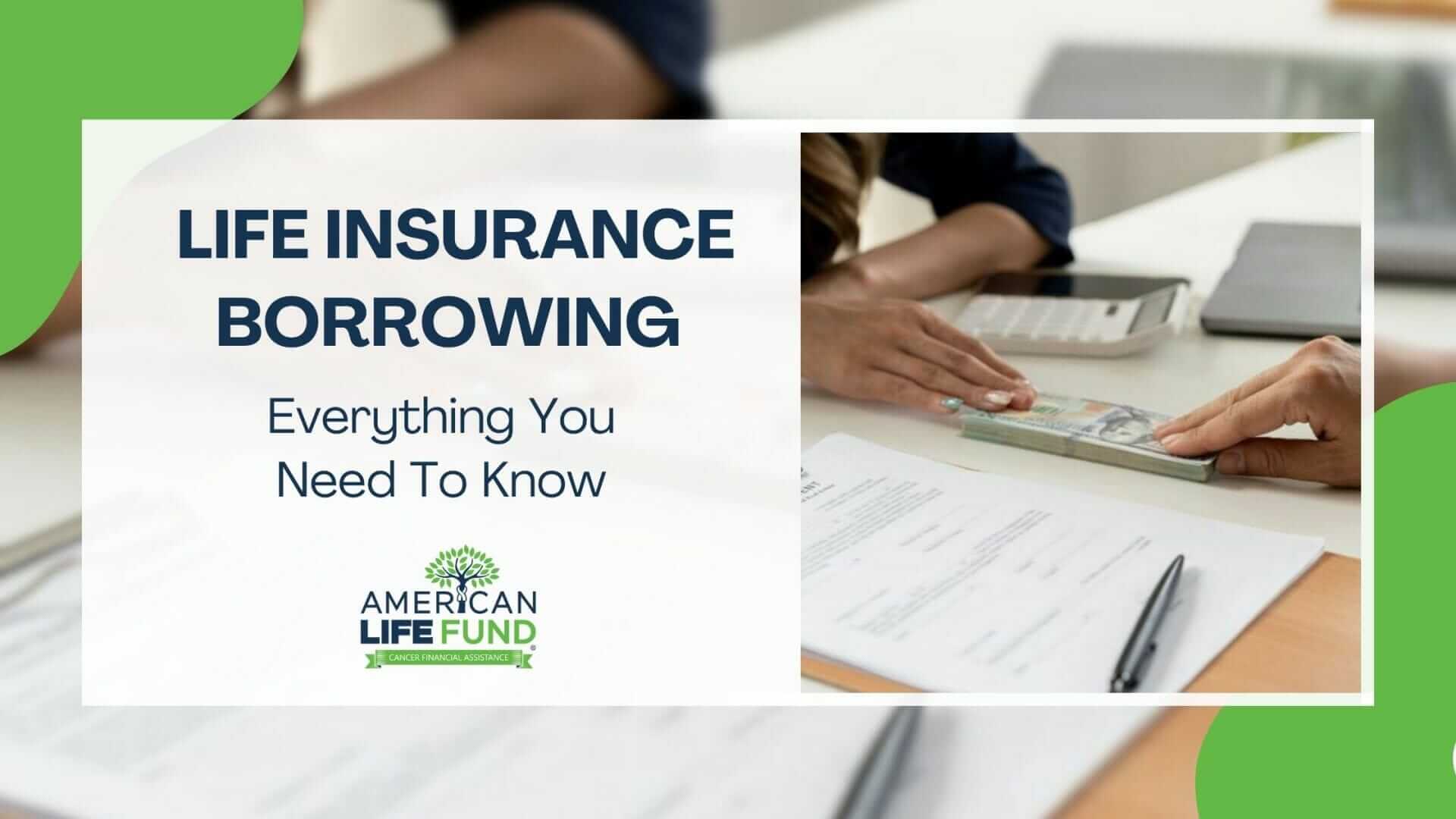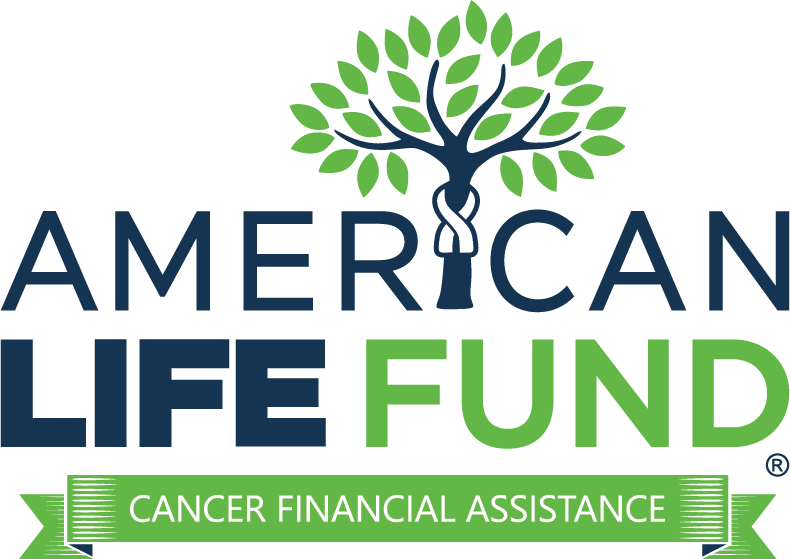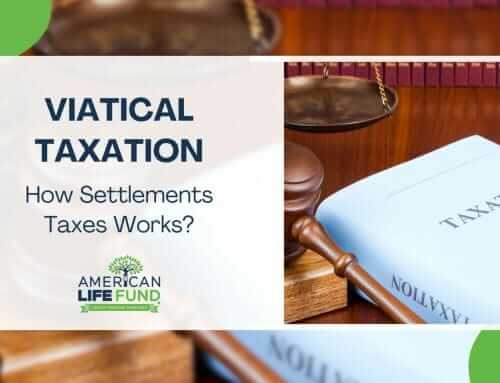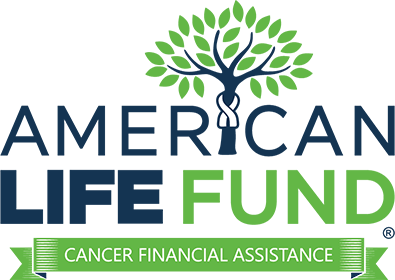Remember! Not repaying the loan can reduce the future payout to your loved ones or cause tax issues if the policy lapses. Alternatively, if you have a serious illness, a viatical settlement can offer a lump sum by selling your policy. Always consider your options and consult a financial advisor to ensure you’re making the best choice for your needs and your family’s future security.
Quick Read
- Life insurance policy loans allow access to cash value, with options for interest payments.
- Tax implications of policy loans should be carefully considered, typically tax-free but not in the case of outstanding loan balances or lapsed policies.
- Before accessing funds from your policy, explore all options and consider your financial goals carefully.
- Viatical settlements provide fast lump-sum payments for those facing serious illnesses.

What is Life Insurance?
Life insurance is a financial product designed to provide a measure of financial security for your loved ones in the event of your passing. Life Insurance offers protection to guarantee that your beneficiaries receive a lump sum payment, known as the death benefit, upon your death. This payout can help cover various expenses, such as:
- Funeral costs
- Outstanding debts
- Mortgage payments
- Everyday living expenses
There are different types of life insurance policies available, but they generally fall into two main categories: term life insurance and permanent life insurance. Term life insurance provides coverage for a specific period, typically ranging from 10 to 30 years, and pays out the death benefit only if the policyholder passes away during the term of the policy.
Permanent life insurance, on the other hand, offers coverage for the entirety of the policyholder’s life, as long as premiums are paid. Permanent policies also include a cash value component, which accumulates over time and can be accessed through policy loans or withdrawals while the policy is active.
What is a Life Insurance Loan?
A life insurance loan is a feature offered by many permanent life insurance policies, allowing policyholders to borrow money from the cash value of their policy. This cash value is the portion of the policy that accumulates over time as premiums are paid and may grow tax-deferred. These loans provide policyholders with a way to access funds for various purposes.
Unlike traditional bank loans, life insurance policy loans typically do not require a credit check or extensive approval process. Instead, the policy’s cash value serves as collateral for the loan, making it easier for policyholders to borrow money without worrying about their credit score or financial history. Policyholders have the flexibility to borrow up to the available cash value of their policy, with the loan amount and interest rate determined by the life insurance company.
What Are Prepaid Interest Options in Life Insurance Policy Loans?
Life insurance policy loans offer policyholders the flexibility to manage their interest payments through prepaid interest options. These options allow borrowers to choose how they handle the interest associated with their loan, providing a degree of control over their loan repayment strategy.
Interest in Advance
One prepaid interest option available to policyholders is interest in advance. With this option, borrowers have the choice to pay the interest on their loan upfront for a specified period, typically one year. By paying the interest in advance, borrowers can effectively lock in the interest rate for the designated period, providing predictability in their loan repayment plan.
Paying interest in advance may offer potential tax benefits, as the interest paid upfront could be deductible as an itemized deduction on the borrower’s tax return, subject to certain limitations and qualifications.
Interest in Arrears
Policyholders can opt for interest in arrears, where the interest accrues over time and is paid along with the principal when the loan is repaid. This option provides borrowers with the flexibility to manage their cash flow and may be suitable for individuals who prefer to defer interest payments until a later date.
However, it’s important to note that interest in arrears could result in a higher overall interest cost over the life of the loan compared to interest paid in advance.
Understanding these prepaid interest options is key for policyholders considering a life insurance policy loan. By evaluating the pros and cons of interest in advance versus interest in arrears, borrowers can make informed decisions that align with their financial goals and circumstances.

Can You Defer Interest Payments in Life Insurance Policy Loans?
Life insurance policy loans offer policyholders the flexibility to manage their interest payments through deferred interest options. These options allow borrowers to postpone interest payments until a later date, providing flexibility in managing their cash flow and loan repayment strategy.
Understanding Deferred Interest
With deferred interest payments, borrowers have the option to allow the interest to accrue over time and defer payment until a later date. This means that instead of paying interest as it accrues, borrowers can choose to postpone interest payments and pay them along with the principal when the loan is repaid. Deferred interest payments can provide borrowers with flexibility in managing their finances, allowing them to allocate funds towards other priorities while the loan remains outstanding.
It is important to consider the potential drawbacks of deferred interest payments. While deferring interest payments can provide short-term financial relief, it can result in a higher overall interest cost over the life of the loan compared to making regular interest payments. Allowing interest to accrue over time can increase the outstanding loan balance, potentially reducing the policy’s cash value and death benefit over time.
Determining Taxable Income from Life Insurance Policy Loan Proceeds
Understanding the tax implications of life insurance policy loans is important for policyholders considering this financial option. While life insurance policy loans are generally tax-free, there are certain scenarios in which loan proceeds may become taxable income. Here’s what you need to know about determining taxable income from life insurance policy loan proceeds:
Tax Treatment of Loan Proceeds
In most cases, funds borrowed from a life insurance policy are not considered taxable income. This means that policyholders can access their policy’s cash value through loans without triggering immediate tax consequences. However, it’s necessary to repay the loan according to the terms of the policy to avoid potential tax liabilities in the future.
If a policy lapses or is surrendered with an outstanding loan balance, the loan proceeds may be subject to income taxes. If the loan exceeds the policy’s cash value and the policyholder does not repay the loan, the excess loan amount may be treated as taxable income.
Assessing the Risks Associated with Life Insurance Policy Loans
Life insurance loans offer policyholders access to funds based on the cash value of their policy, but they also come with inherent risks that should be carefully considered. Here are some key risks associated with life insurance policy loans:
Impact on Death Benefit
Borrowing against your life insurance policy’s cash value can reduce the death benefit payable to your beneficiaries upon your passing. The outstanding loan balance, along with any accrued interest, is typically deducted from the death benefit, potentially leaving your loved ones with a smaller payout than originally intended.
Loan Repayment Obligations
Life insurance policy loans must be repaid with interest, and failure to do so can have serious consequences. If the loan balance exceeds the cash value of the policy, the policy may lapse, resulting in a loss of coverage. Unpaid loans may be subject to interest rate increases or other penalties, further complicating the repayment process.
Impact on Cash Value Growth
Borrowing against your life insurance policy’s cash value can impact the growth potential of your policy. As you borrow funds, the cash value available to earn interest or investment returns may be reduced, limiting the long-term growth of your policy’s cash value.
What Should You Do?
Life insurance loans can be a double-edged sword. While they offer easy access to cash, deciphering the fine print can be a headache. It’s all too easy to misunderstand these factors and end up with unintended consequences for your policy and your beneficiaries.
Most individuals who are looking to make a quick decision owing to financial difficulties or because they would like access to a lump sum hardly want to have to think about monthly interest rates, tax implications or a potentially lower death benefit. So, what else is there?
What About a Viatical Settlement?
A viatical settlement is a valuable financial resource that allows individuals facing serious illnesses to convert their life insurance policy into a lump-sum cash payment. This transaction provides immediate financial relief, allowing policyholders to access the funds they need to cover medical expenses, pay off debts, or simply enjoy a higher quality of life.
At American Life Fund, we understand the importance of providing practical solutions for individuals going through difficult circumstances. As a leading provider of viatical settlements, we specialize in helping policyholders receive the full value of their life insurance policies when they need it most.
Contact American Life Fund to understand more about your options.
Conclusion
When it comes to managing your financial well-being, thorough review of all available options is key. By considering alternatives like viatical settlements , you are able to make choices that match your unique situation and needs.
Take the time to weigh the benefits and drawbacks, seek guidance from professionals if needed, and make a decision that prioritizes your financial security and peace of mind. Your life insurance policy holds valuable resources that can impact your future, so it’s worth the effort to make sure you’re using it to its fullest potential.
Can I take a loan against any life insurance policy?
No, not all policies allow loans. Term life insurance policies, for example, don’t build up sufficient cash value, so you can’t borrow against them. Whole life and universal life policies typically have some cash value you can borrow from, but it depends on how much cash value is available and if a loan is available for said cash value accumulated.
What are the downsides to life insurance loans?
Life insurance loans accrue interest, reducing the policy’s death benefit payout to your beneficiaries. If you don’t repay the loan with interest, the policy could lapse, leaving you with nothing. There may also be tax implications depending on the type of policy and how you use the loan.
Is there a simpler way to access cash from my life insurance if I’m in a bind?
You might consider a viatical settlement. This option involves selling your policy to a third party in exchange for immediate cash. While the payout is lower than the death benefit, it can be much faster and easier to arrange than understanding and managing a loan. In addition, there are no additional costs associated with it such as the compiling interest rates that come with taking out a loan.
Should I consult a financial advisor before making any decisions about my life insurance?
Absolutely! A financial advisor can help you understand the complexities of life insurance loans and viatical settlements, considering your specific circumstances and goals.






